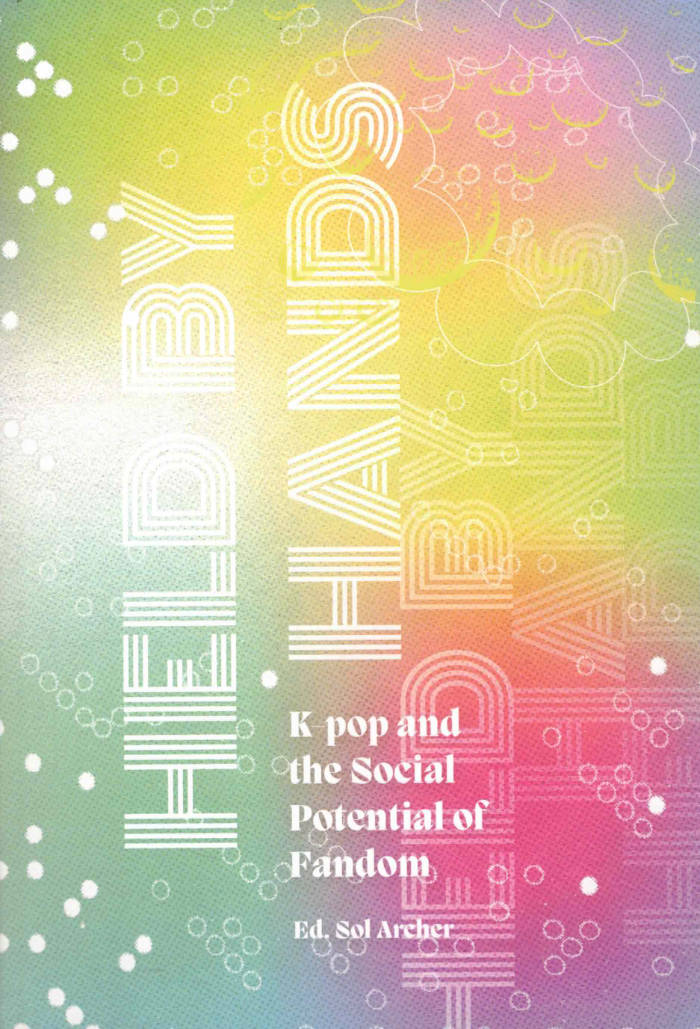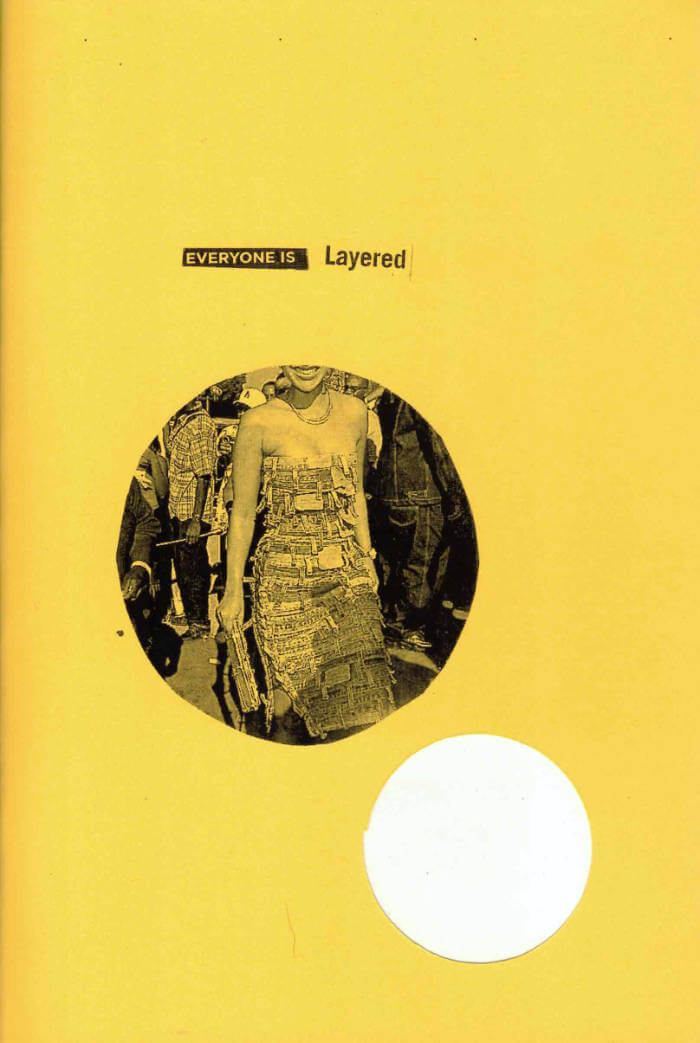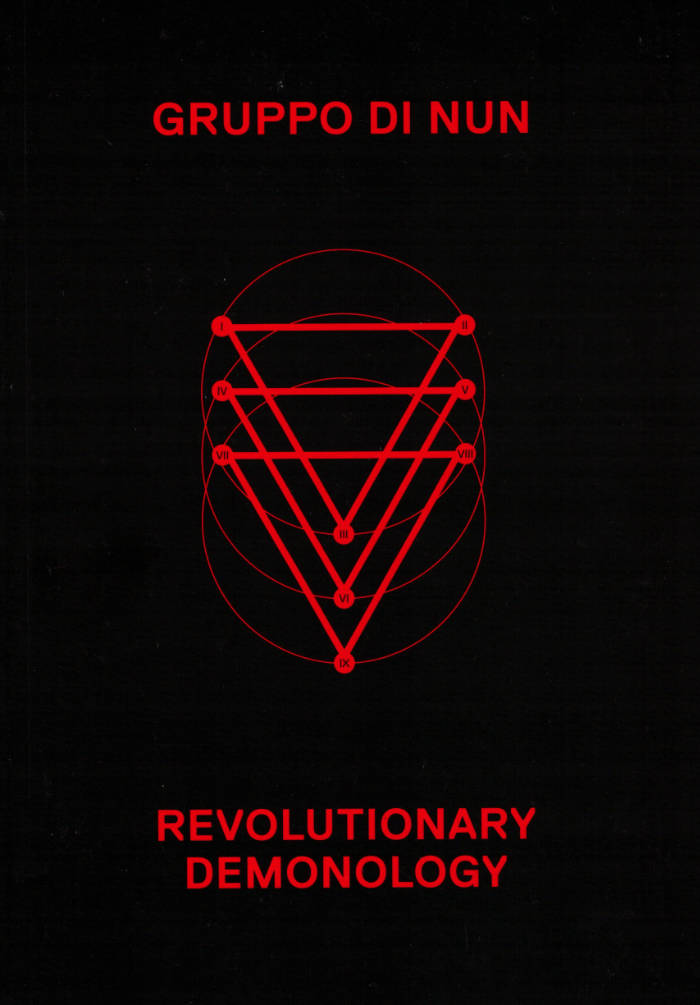
Held by Hands: K-pop and the Social Potencial of Fandom
Sol Archer ed.
This book brings together personal and theoretical reflections written by members of the Brazilian K-pop community on the constructive potential of fandom in contemporary society. The texts spans experiences of occupying public space through collective dance practice, identity formation and community support, cultural appropriation in K-pop, the e ects of soft power, and considerations of the phenomenon of fandom
In the fandom universe passive consumption of culture is replaced by active participation in its co-creation. Fan-fiction is one among many examples of this. Autonomous territories, with con gurations and laws unto themselves, are built by fans experiencing culture in collectivised ways. The sense of belonging and formation of identities enabled by exchanges and diverse practices make the K-pop fandom a space with the potential for radical social transformation and collective agency, resisting contradictions inherent to contemporary social norms. This book is a collective body dancing utopia.
With contributions by Aline Barbosa, EVE, Julia Guerreiro, Kananda Simonetti, Kelly Nobre, Lohaynne Beringui, Lucas Victor Aureliano, Marcelle Belfort, Millah C. S. Gomes, Natália Amorim, Paula Castro, Paulina Yeal Cho e/and Sabrina Diniz.





